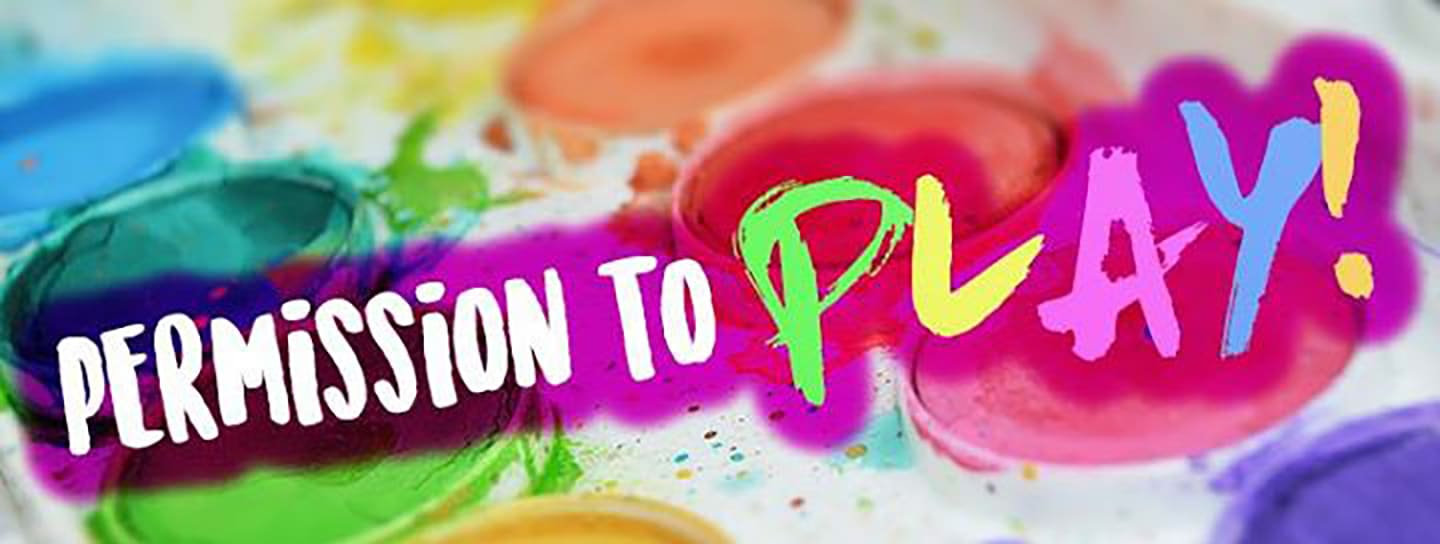Podcast: Play in new window | Download
Subscribe: Apple Podcasts | Google Podcasts | Spotify | Email | RSS | More
Power of Naming
Have you ever had that feeling? Something is wrong but you can’t put your finger on what it is? Something is wrong with your child. Something is going on at work. Something is bothering your spouse. It’s there, but you feel powerless to fix it until you can name what it is.
Naming is a power principle because naming the problem is the first step to solving the problem. My sister has always said, “I can handle anything as long as I know what it is.” She speaks truth. We are strong, intelligent, resourceful. It’s the unknown that gets us.
Science of Naming
Why is naming so powerful?
Scientists have long studied the power of words on the human brain. The brain receives thousands of data impulses every second. These data impulses are processed as thought words or thought images.
What’s in a Name?
A name is simply a word—a combination of letters—assigned to a specific person or thing. In order to make its job a little easier, the brain names data and groups it together with similar data through categorization. It assigns words to data in order to know where to “file” the information. Anything the brain isn’t able to name ends up in the dark abyss of uncategorized info. The brain can’t do anything with this stuff until it’s identified.
Examples of Naming Found in Literature
We intuitively sense the power of names. There are examples in stories of the power that can come from naming.
- Adam & Eve In the Book of Genesis, God gave Adam and Eve power to name the animals. From the moment they chose the word elephant, the process of naming demonstrated their dominion and stewardship over the earth and all living things.
- Rumpelstiltskin The classic Grimm Brother’s Fairy Tale tells of strange man who convinces a young woman to promise him her first-born child in exchange for spinning her straw into gold. At the birth of the child, the woman begs for a way out of the deal. The strange man agrees that if she can correctly guess him name in 3 days, he will relinquish his claim on the child. The ability to identify his true name is what frees the woman from his hold.
- The Ocean at the End of the Lane this Neil Gaiman story recounts the havoc worked by an evil entity disguised as a nanny named Ursula Monkton. The Hempstock women are unable to rid their town of the creature until they can successfully discover its true name. Once Lettie Hemstock learns that Ursula is really Skarthach of the Keep she chases Skarthach to the end of the lane where it cries, shrinks, and disappears. The power to remove the vexing thing came in calling it by its true name.
Naming Our Troubles
Sometimes the only thing we need in order to solve a problem is to be able to name it. This is why talking things is so helpful. The process of talking is the process of putting those ambiguous bothers into words. Meeting with therapists, doctors, coaches, or church leaders is helpful because they can offer words for what is troubling us. I might know I have a head ache and a sore throat, but don’t know how to remedy it. Once I know it is caused by the Streptococcus bacteria, I know to take an antibiotic.
Naming our emotions is powerful. Most of the time we sweep our emotions under the rug without acknowledging what they are trying to tell us. Emotions are messengers. When we take time to say: This is sadness or This is frustration we are more effective at working through the emotions.





